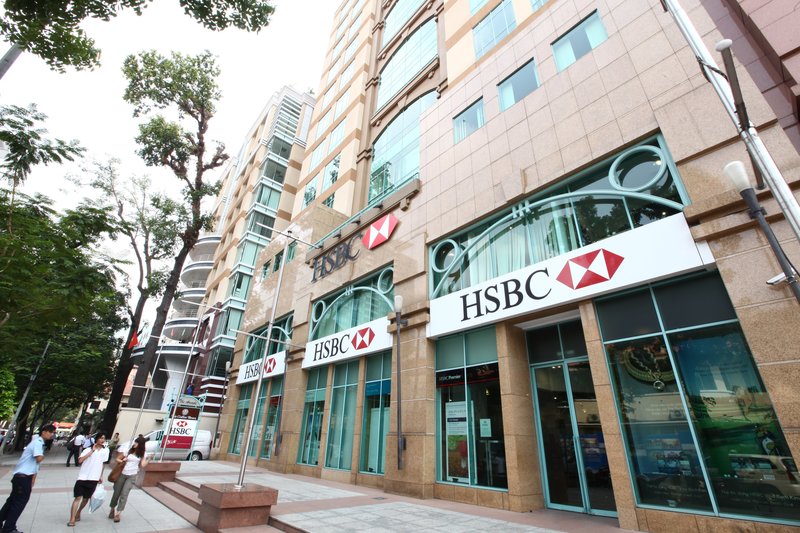First foreign bank to issue bonds in Vietnam
HSBC’s bonds issuance underscores the bank’s long term commitment to Vietnam.
HSBC Vietnam has a total of VND600 billion (US$25.89 million) worth of bonds to the local market, becoming the first ever foreign commercial bank to issue bonds in Vietnam.
| HSBC Vietnam has become the first ever foreign commercial bank to issue bonds in Vietnam. |
At a par value of VND100,000 (US$4.32), HSBC Vietnam’s Lotus bond, named after Vietnam’s national flower, offers a fixed coupon rate of 5.8% and a tenor of three years, indicated the bank in a statement.
“As we celebrate the 150th anniversary of HSBC’s arrival in Vietnam, this milestone issuance underscores our long-term commitment to this remarkable country,” said Tim Evans, CEO of HSBC Vietnam. “We plan to be a regular issuer as we look to position our franchise to continue to be the leading foreign bank in the market.”
Evans added that proceeds from the issuance will increase HSBC’s operating capital and diversify VND funding sources in order to further accelerate the bank’s business growth in Vietnam sustainably.
In 2014, HSBC Vietnam also successfully helped the Vietnamese government in its offering of new 10-year USD-denominated global bonds with a value of US$1 billion when the bank acted as a joint Bookrunner and Dealer Manager.
Corporate bonds have been one of the fastest growing channels for capital mobilization in Vietnam recently. In the first six months of this year, the combined value of corporate bonds issuance grew by 50% year-on-year to VND159 trillion (US$6.87 billion).
Vietnam’s corporate bonds issuance in 2019 increased by 25% year-on-year to VND280.14 trillion (US$12.12 billion). However, the size of the corporate bond market was modest at just 11.26% of the GDP, significantly lower than that of in South Korea and Singapore which is at 20 – 50% of the GDP, and remained a fraction of bank credit, standing at 138.4% of the GDP at the end of 2019.












